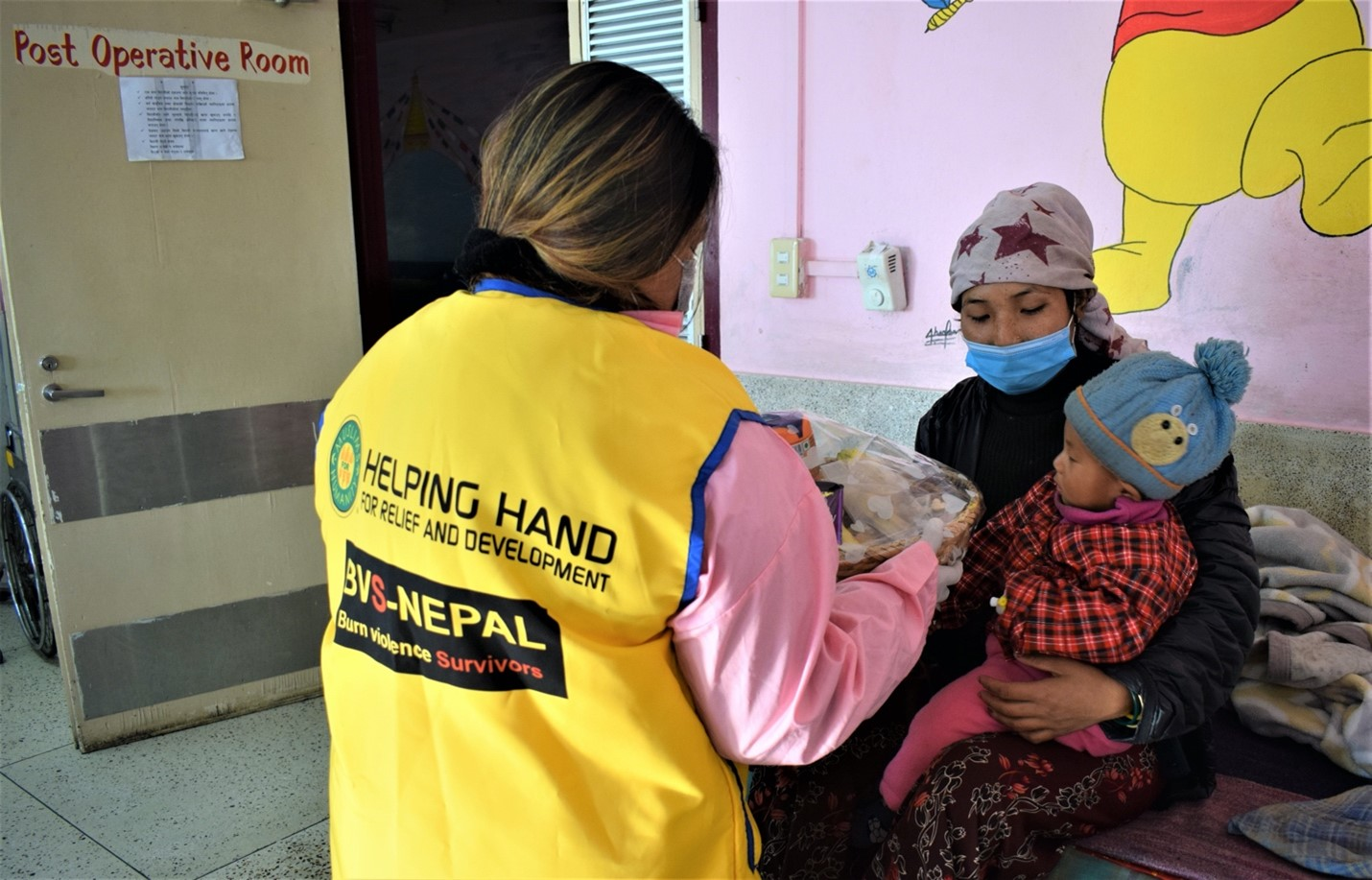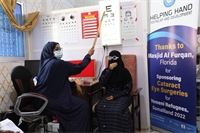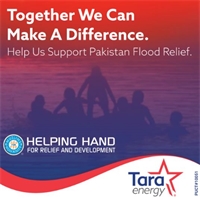02Jan
IslamiCity Shares The Importance of Well-being: A Guide to Regular Health Checks
Self-checks are essential for maintaining physical and emotional well-being, as they help us identify potential issues early on notes IslamiCity. For the general healthy population, we should check ourselves once or twice a month, addressing any issues that require attention.
Self-checks also help make connections between behaviors and their outcomes. Our body's organ systems are deeply connected, with everything being deeply connected. For example, our skin is an indicator of our hydration status, gut health, and hormonal changes. Energy levels tell a story about sleep patterns, emotional health, and food choices. Some practitioners, use these clues to understand the root cause of a patient's nutrition concerns.
Making self-checks a regular part of your routine can keep you in tune with your physical and emotional well-being, making it easier to sustain long-term well-being. Remember that the body also needs a breather, so give yourself time to relax and let go. This body we live in each day is an Amanah, a trust gifted to us in life, and it is incumbent upon us to take care of it. In turn, our best self is one of the greatest gifts we can give to ourselves and the people closest to us.
But there is the harsh reality that not everyone can afford proper healthcare, that’s when HHRD comes in with our Healthcare & Nutrition Support Programs.
HHRD Healthcare & Nutrition Support Programs
When it comes to helping those in need of improving their health HHRD has been at the forefront of providing healthcare services. With a dedicated team of medical professionals and volunteers, HHRD ensures that individuals receive medical attention and support to lead healthier lives. Additionally, HHRD also focuses on preventive care and health education programs to empower communities with the knowledge and resources needed for long-term well-being.

HHRD is working to prevent blindness and cataracts, which affect 94 million people worldwide. They provide free eye exams, operations, medication, and recovery workshops in various countries, including Kenya, Mali, Nepal, Pakistan, Somalia, Tanzania, Uganda, Yemeni refugees, and South Africa. They also offer eye surgery, mobile medical units, and ambulance services to villagers who cannot afford medical care or live in rural areas unreachable during natural disasters. These services increase emergency medical professionals' capacity and enable patients to attend rehabilitation and therapy sessions.
HHRD also provides lifesaving services to reduce maternal mortality rates, such as postnatal checkups, health awareness sessions, and vaccination services. The staff is trained to assist these women and children, and specialist clinics are arranged. Additionally, infants and children receive medical checkups and vaccinations, and mothers are invited to attend awareness sessions to ensure a healthy lifestyle.
Donations can be made as Zakat.
Related

World Health Day is an annual reminder of the significance of health and well-being for individuals ...
Read More >

After months of unprecedented rainfall in Pakistan, millions of people, including the families and f...
Read More >
"No one leaves home unless home is the mouth of a shark,” Warsan Shire. On Jun...
Read More >
You need to login in order to comment